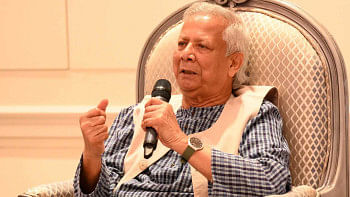Refugee camps vulnerable to COVID-19 outbreaks
A COVID-19 outbreak in a refugee settlement will likely overwhelm the available healthcare capacity and infrastructure and spread through nearly the entire settlement population if left unchecked, according to a new study published recently in PLOS Medicine by Paul Spiegel of Johns Hopkins University, United States, and colleagues.
Spiegel and colleagues used a dynamic model of severe acute respiratory syndrome coronavirus 2 (SARS-CoV-2) transmission to simulate how a COVID-19 outbreak could spread through a such a setting, the Kutupalong-Balukhali Expansion Site in the Cox's Bazar district of Bangladesh. Approximately 600,000 Rohingya refugees from Myanmar reside at the settlement.
The researchers simulated high, moderate, and low transmission scenarios and estimated the hospitalisations, deaths, and healthcare needs expected, adjusting for the age distribution of the population at the Kutupalong-Balukhali. The model predicts the number of people infected in the first year will reach 421,500 (95% PI, 376,300–463,500), 546,800 (95% PI, 499,300–567,000), and 589,800 (95% PI, 578,800–595,600) in the low, moderate, and high transmission scenarios, respectively, should no effective interventions to prevent spread of the virus be put into place.
Spiegel and colleagues estimate the hospitalisation needs would exceed the current capacity 55–136 days after introduction, and the outbreak would lead to 2,040 (95% PI, 1,660–2,500), 2,650 (95% PI, 2,030–3,380), and 2,880 (95% PI, 2,090–3,830) deaths in the three scenarios.
The spread of disease through the densely populated refugee settlement is likely to be faster, not slower, than in populations with easier access to the tools (social distancing, basic hygiene, contact tracing and isolation) used to limit spread of disease. The authors emphasise that in this setting, innovative responses and intervention from health agencies and local governments will be necessary to quell the spread and treat the infected population.

 For all latest news, follow The Daily Star's Google News channel.
For all latest news, follow The Daily Star's Google News channel. 



Comments